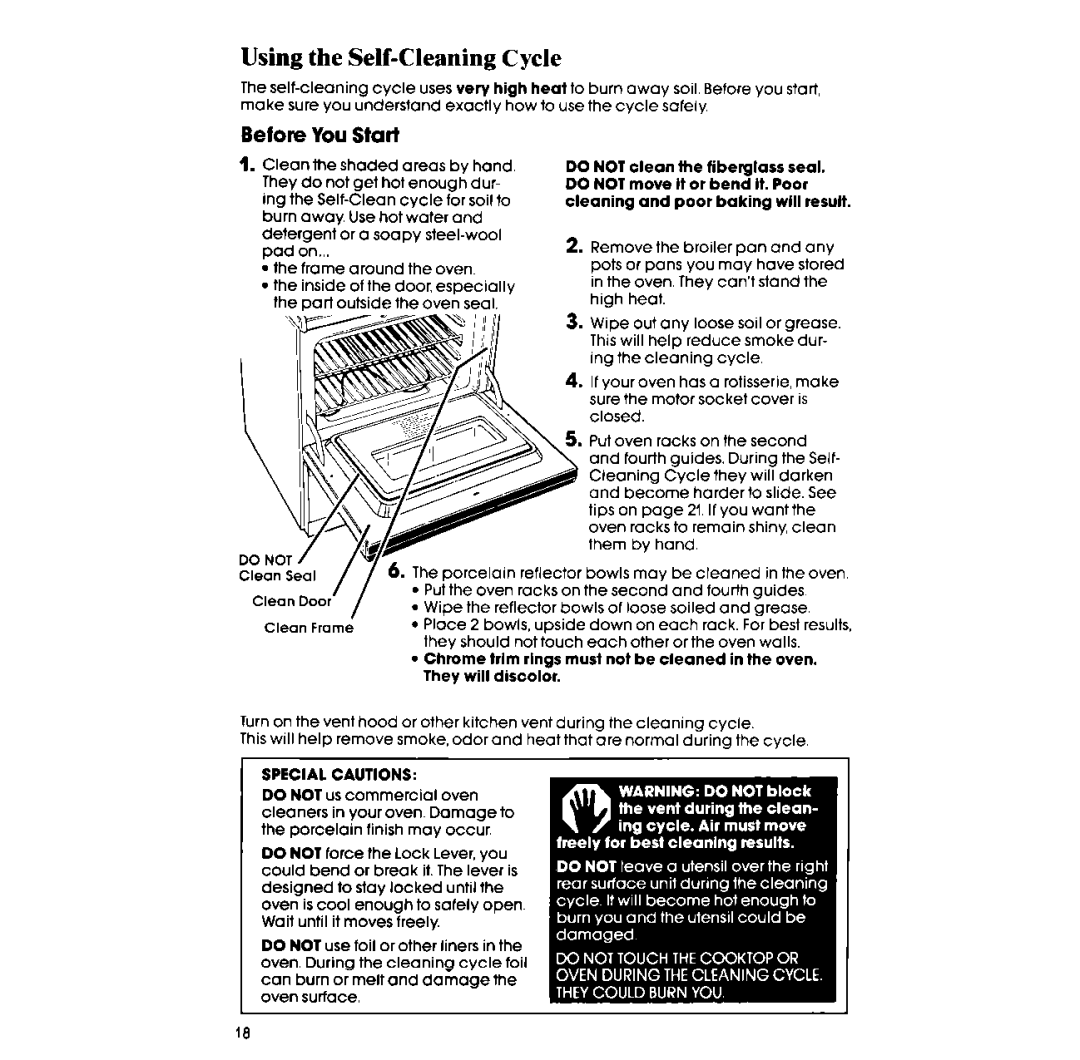RF375PXP specifications
The Whirlpool RF375PXP is a modern refrigerator that showcases a blend of style, functionality, and cutting-edge technology, designed to meet the needs of contemporary households. One of its standout features is the spacious interior, providing ample storage capacity with adjustable shelves and bins. This flexibility allows users to organize their food items efficiently, accommodating everything from large party trays to everyday groceries.A notable technology integrated into the RF375PXP is the Adaptive Defrost system. This innovative feature optimizes the defrosting process by using advanced sensors to determine the exact timing needed for defrost cycles, ensuring that the refrigerator maintains its efficiency while keeping food items at the ideal temperature. The Frost-Free design further enhances ease of use, eliminating manual defrosting and allowing for hassle-free maintenance.
Energy efficiency is another crucial characteristic of the Whirlpool RF375PXP. It is ENERGY STAR certified, meaning it consumes less energy compared to traditional models, ultimately leading to lower utility bills and a reduced carbon footprint. This commitment to sustainability is matched by a sleek exterior available in various finishes, including stainless steel, which seamlessly integrates with any kitchen décor.
The refrigerator also boasts a built-in water and ice dispenser, providing fresh, filtered water and ice on demand. This convenience is particularly appreciated during gatherings and family events, ensuring hydration and refreshments are always within reach. Additionally, the easy-to-clean surface and spill-proof shelves make maintaining the appliance a breeze.
For added convenience, the RF375PXP features advanced temperature controls that allow users to set and monitor the refrigerator's internal climate with precision. The intuitive digital control panel is user-friendly, enabling quick adjustments without the need to open the fridge door, which helps maintain the internal temperature.
Overall, the Whirlpool RF375PXP stands out in the crowded refrigerator market by offering a combination of smart technologies, spacious interior, energy efficiency, and an elegant design. It represents a reliable choice for those seeking modern solutions that cater to both functionality and style in the kitchen.

